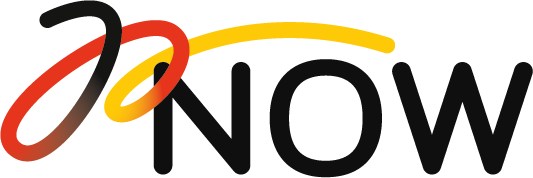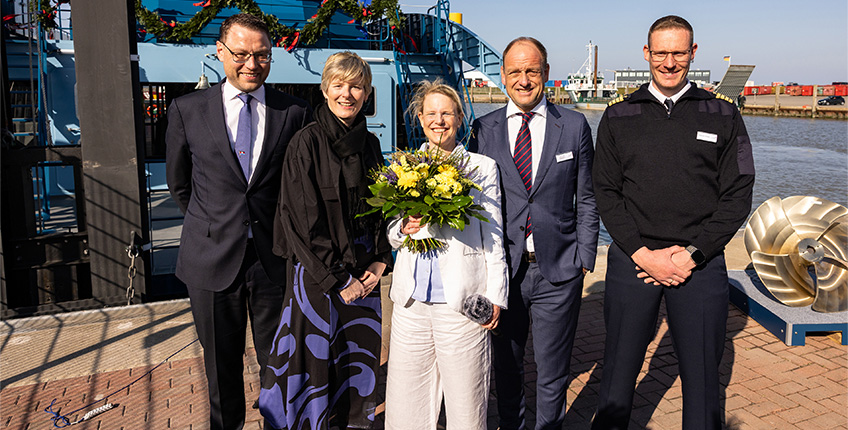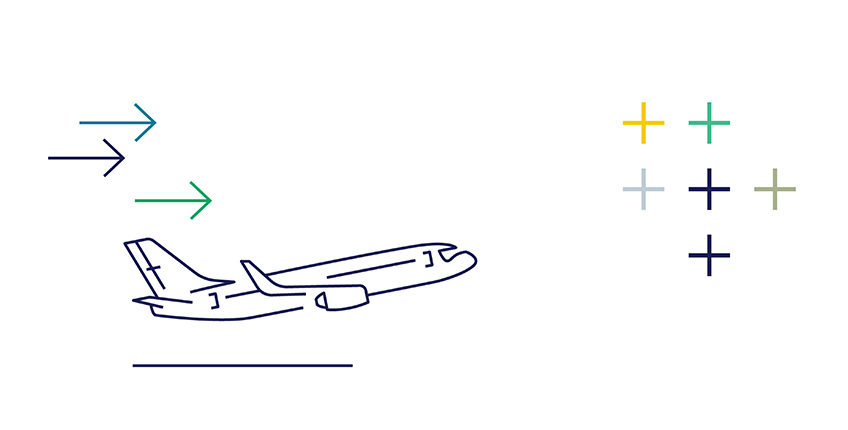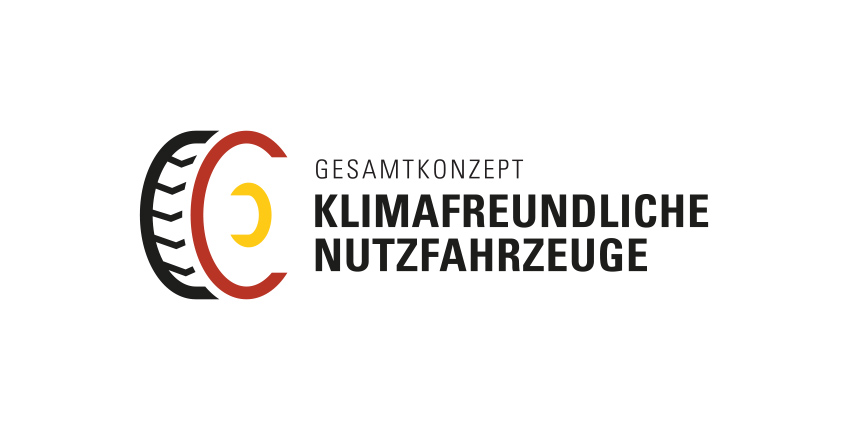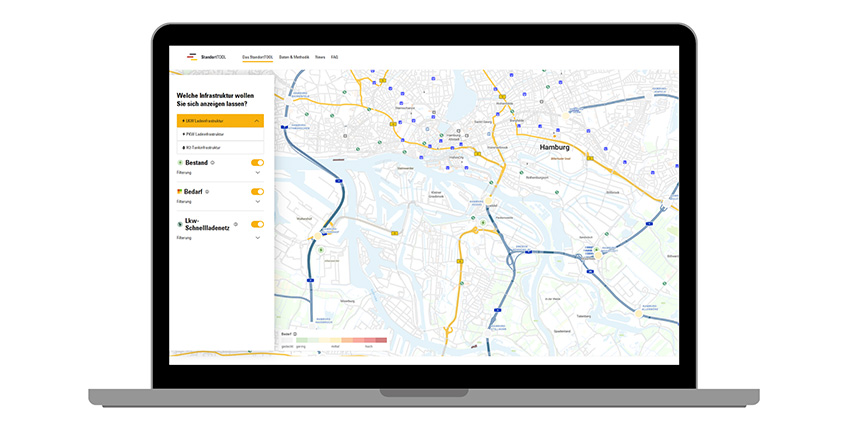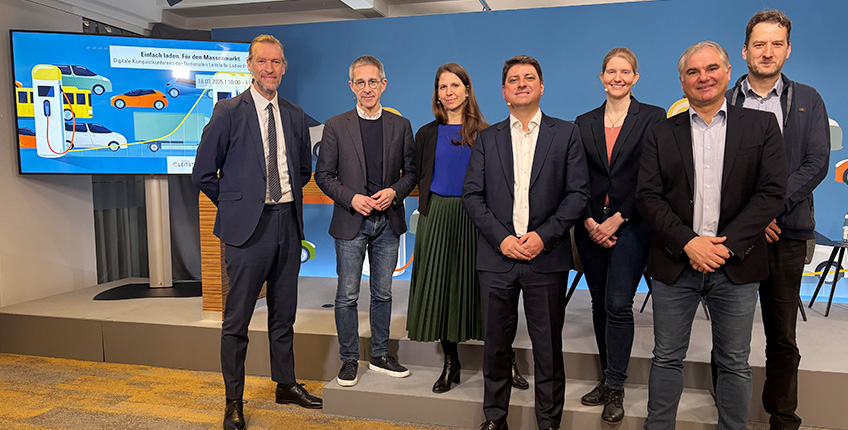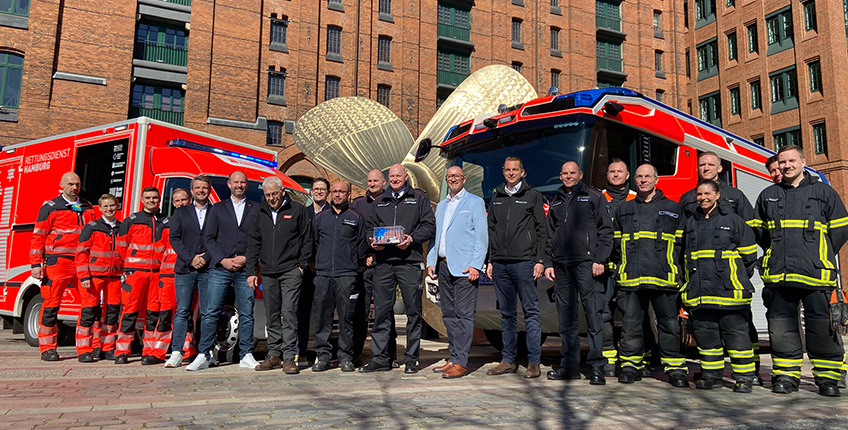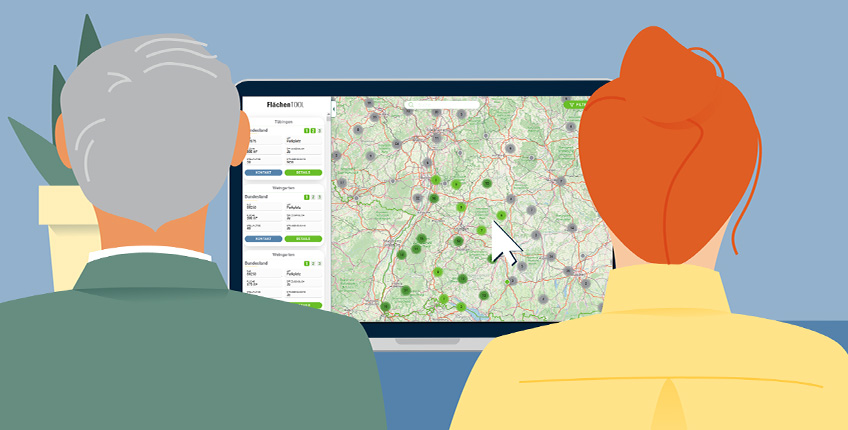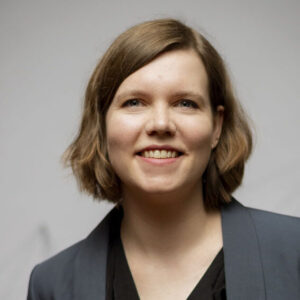On 21 March 2025, AG Reederei Norden-Frisia christened its new electric catamaran (e-cat) with the name Frisia E-I (pronounced Frisia E one). It is the first fully electrically-powered sea vessel under the German flag. The godmother was the shipping company’s Chairwoman of the Supervisory Board, Karin Pragal. She was accompanied at the official ceremony by Dr. Wibke Mellwig, Head of Department for Waterways and Shipping at the Federal Ministry for Digital and Transport, Joschka Böddeling from Damen Shipyard, which built the e-cat, shipping company CEO Carl-Ulfert Stegmann as well as invited guests from shipping, business and politics.
The E and the I (1) in the Frisia E-I name represents the first ship that is electrically powered from the shipping company, “As godmother, I am delighted to officially bestow this name to this truly innovative and unique project”, said Karin Pragal. After many months of development, construction and testing of the ship and recharging technology, everything is now safely ready for service launch. “The Frisia E-I signals the start of an electric and CO₂-neutral peak 2025 season,” said Pragal.
Electricity from the company’s own photovoltaic system
The name of the new ferry also refers to the shipping company’s comprehensive sustainability concept. In order to cover the estimated electricity consumption of the e-cat, several projects on regenerative energy production and storage were combined. For example, Norden Frisia has equipped 600 car parking spaces with photovoltaic roofs in its parking areas in Norddeich. Solar facilities were also installed on roofs and carports in Norddeich, Harlesiel, Norderney and Juist. A ground-mounted system is currently being implemented. A battery storage system will buffer future surpluses from solar power generation during the day for night-time demand. “We are working on the sustainable transformation of shipping and are investing in an emission-free future”, said CEO Carl-Ulfert Stegmann.
Great climate potential in the maritime sector
“Germany wants to be a pioneer in climate-friendly shipping. In the maritime sector in particular, there is an enormous need to catch up in terms of the amount of emissions – but there is also huge potential. The new generation of electric drives will contribute to leveraging this potential and show that Germany can excel in shipping. I am very confident that we will quickly see more of this and that the areas of application, along with ranges, will grow”, said Dr. Wibke Mellwig at the Federal Ministry for Digital and Transport. This makes the Frisia E-I a model project, especially in context of the UNESCO World Heritage Site of the Wadden Sea.
“We are delighted that right from the beginning, we were able to co-develop and finally build the e-cat according to Norden-Frisia’s special requirements”, said Joschka Böddeling, Sales Manager at DAMEN Shipyard. For his shipyard, the project is an important step towards environmentally-friendly and sustainable ship-building.
Fully-charged battery in under half an hour
From 4 April, the Frisia E-I will sail up to eight times a day with up to 150 passengers from the home harbour of Norddeich to the North Sea island of Norderney and back. Travel time will be just 30 minutes. Once it returns to Norddeich, the battery is recharged in around 28 minutes and the Frisia E-I can then begin its next trip to the island. For the first time, the crossings are entirely CO₂-neutral.
The additional costs of the electric drive for the electric catamaran were funded by the NBank of the state of Lower Saxony in the amount of €608,000. The charging station for the e-cat was funded by the Federal Ministry for Digital and Transport from the BordstromTech guidline as part of the implementation of the German government’s Mobility and Fuel Strategy (MFS) with a total of around 650,000 euros. The funding measure was coordinated by NOW GmbH.
About NOW GmbH
Since 2008, NOW GmbH has been supporting the federal government’s targets in its climate and industrial policy. The tasks of the federally-owned company include developing, monitoring and evaluating funding programmes about climate-neutral mobility and energy supply. NOW GmbH experts supervise projects in the areas of hydrogen, fuel cells, battery and renewable fuels. They reimagine mobility and fuels for cars, buses, trains, commercial vehicles, ships and airplanes, and support the establishment and further development of charging infrastructure and hydrogen refuelling stations for cars and trucks. More information on NOW can be found here.
Photo: AG Reederei Norden-Frisia
